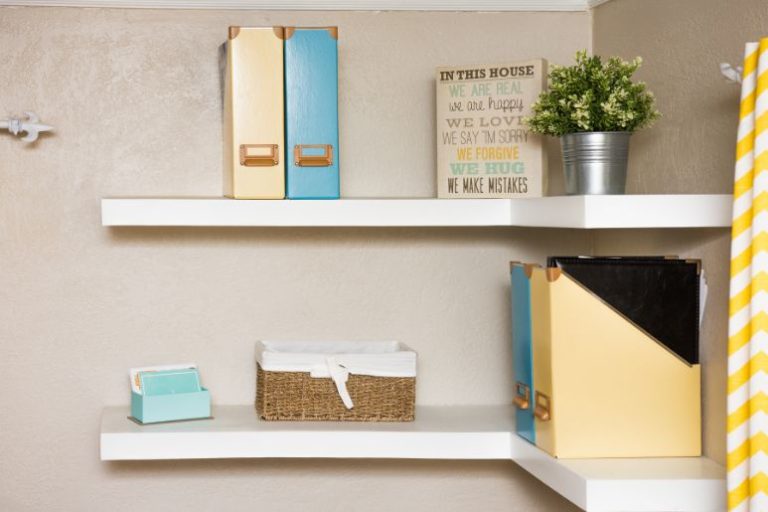
Renovating your home can be an enjoyable and rewarding experience. Not only do you get to improve the functionality and aesthetics of your living space, but you also add significant value to your home. However, for beginners, diving into DIY home renovation can seem daunting. To make your journey smoother and more enjoyable, I’ve compiled a list of essential tips to guide you through your first project.
1. Start with a Plan
Before you pick up a hammer or a paintbrush, take some time to plan your project. Whether you want to remodel your kitchen or simply repaint a room, having a clear idea of what you want to achieve is crucial. Start by identifying the specific areas you want to address and the goals you have for the project.
Sketch out your ideas, make a list of materials needed, and create a timeline for completion. Keep in mind that most projects take longer than expected, so give yourself some buffer time. Planning helps you avoid any unforeseen issues and keeps the renovation on track.
2. Set a Realistic Budget
Budgeting is one of the most critical aspects of home renovation. While it’s tempting to splurge on high-end materials and finishes, it’s essential to balance your desires with what you can afford. Determine how much you’re willing to spend and break down the costs associated with each part of your project.
Don’t forget to include a contingency fund of at least 10-15% of your total budget to cover unexpected expenses or last-minute changes. If needed, prioritize your renovations by tackling the most critical areas first and leaving others for a later date.
3. Research and Educate Yourself
For beginners, educating yourself is vital before undertaking any DIY renovation project. Thanks to the internet, there’s a wealth of resources available to help you learn about construction techniques, materials, and tools. Online tutorials, instructional videos, and forums provide step-by-step guidance and answers to any questions you may have.
Invest in a few good books on DIY and home improvement to get started with the basics. Additionally, consider taking a course at a local community center or home improvement store to gain hands-on experience under the guidance of professionals.
4. Invest in Quality Tools
While you might be tempted to buy cheap tools to save money, investing in good-quality tools can save you time and frustration in the long run. Quality tools are not only more durable but also more effective, leading to better results and greater safety during use.
Start with basic essentials such as a tape measure, level, utility knife, and a set of screwdrivers. As you become more comfortable, you can gradually expand your collection to include power tools like a drill, saw, and sander.
5. Take Safety Seriously
Your safety should always be the top priority when undertaking any DIY project. Always wear appropriate protective gear, such as goggles, gloves, and a dust mask, to shield yourself from potential hazards like flying debris, sharp objects, or harmful fumes.
Additionally, make sure you know how to use your tools correctly and follow any safety instructions they come with. If you’re unsure about handling certain aspects of a project, don’t hesitate to seek professional help to prevent accidents.
6. Practice Patience and Flexibility
DIY home renovation can be a time-consuming process that requires patience and flexibility. Even with careful planning, unexpected challenges can arise. Be prepared to adapt your plans as needed and remain level-headed if things don’t go according to schedule.
Remember that mistakes are part of the learning process. Embrace them as opportunities to grow and improve your skills, and don’t be too hard on yourself if things don’t turn out perfectly the first time.
7. Start Small and Build Confidence
If you’re a complete novice, it’s wise to start with smaller, manageable projects before moving on to more complex renovations. Tackling a large-scale renovation for the first time can be overwhelming, so begin with simpler tasks like painting, installing new light fixtures, or building a bookshelf.
Completing these smaller projects will build your confidence and provide valuable experience, which will be beneficial when taking on larger tasks later.
Final Thoughts
There’s something incredibly satisfying about transforming your living space with your own hands. DIY home renovation allows you to express your creativity, learn new skills, and add personal touches to your home.
By following these tips, staying patient, and enjoying the process, you’ll soon find yourself embarking on a journey filled with fulfillment and pride. Happy renovating!













